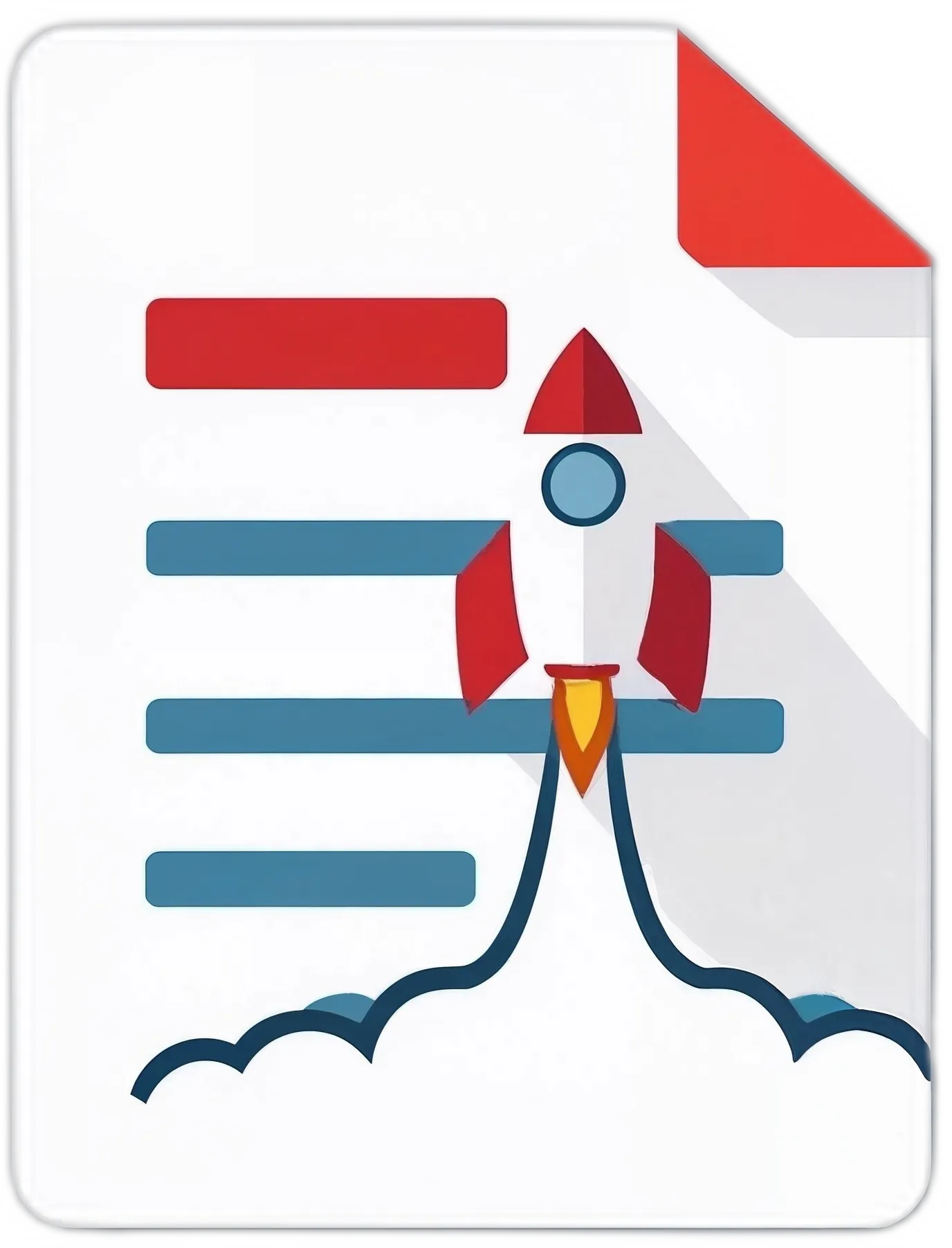Proven Job Search Strategies

The pursuit of meaningful employment is a universal endeavor, a journey that demands strategic planning, persistent effort, and a keen understanding of the evolving professional landscape. Whether you're a recent graduate embarking on your career or a seasoned professional seeking new horizons, the job search process can be both exciting and challenging. This article delves into proven job search strategies designed to empower job seekers worldwide, offering a roadmap to navigate the complexities of the modern job market and secure fulfilling opportunities. While specific examples may reference the Philippine context, the core principles outlined here-rooted in effective job hunting tips and successful job search techniques-are applicable across diverse global job markets.
The Foundation: Defining Your Target
- Informational Interviews: These are powerful tools for gathering career insights in a low-pressure environment. The principle of "give before you take" is crucial for building mutually beneficial relationships.
- Location-Specific Networking: For those targeting a particular location, such as a city or region, focus your networking efforts within that area. Actively participate in local industry events, use location filters on LinkedIn, and explore local professional groups. Networking within coworking spaces can also be beneficial.
- Attending Industry Events: Research and attend industry-specific events and meetups. Prepare for these events by researching attendees and the event's purpose, having your introduction ready, and bringing contact information. Actively engage in conversations, ask relevant questions, and make meaningful connections. Follow up with individuals you meet after the event.
Presenting Your Best Self on Paper: Crafting Compelling Resumes and Cover Letters
Your resume and cover letter are your first impression. They must be carefully crafted to highlight your skills and experience effectively-crucial aspects of proven job search strategies.
- Tailoring Your Resume: Tailor each resume to the specific job description. Incorporate keywords and phrases from the job posting. Focus on accomplishments and results, quantifying them whenever possible. Use strong, action-oriented verbs. Strategically order your content to highlight the most relevant information.
- Formatting for Success: Maintain a clean, consistent, and easily scannable format with a professional font and sufficient white space. Present your work experience and education in reverse chronological order. Expand on relevant experiences, including volunteer work and coursework. Include all relevant higher education and certifications. Keep your resume concise. Provide accurate and up-to-date contact information.
- What to Avoid: Avoid pre-designed templates with excessive formatting that may not be easily parsed by applicant tracking systems (ATS). Avoid vague claims about your skills without specific examples. Omit lengthy and generic objective statements. Do not attach references directly to your resume. Avoid unnecessary personal details or an unprofessional email address.
- The Power of Clarity: Clarity of formatting, strategic placement of key information, and impactful use of concise language are paramount. Emphasize "human skills" or "soft skills" alongside technical expertise.
- The Cover Letter's Role: The cover letter allows you to articulate your qualifications and demonstrate your genuine motivation. Personalize each cover letter to align with the specific company and role-an effective job hunting tip. Address the cover letter directly to the hiring manager by name whenever possible. Highlight your unique value proposition with quantified achievements. Explicitly connect your skills, experiences, and career aspirations to the company's needs.
- Authenticity and Structure: Inject your own personality and authentic voice while maintaining a professional tone. Keep the cover letter concise and focused. A suggested structure includes a strong opening paragraph, body paragraphs highlighting relevant skills and company knowledge, and a closing paragraph reiterating your interest and including a call to action.
- Beyond the Resume: Avoid simply restating information from your resume. The cover letter provides an opportunity to present yourself as a real person. Address why you are applying, what value you bring, and how your qualifications align with the employer's needs.
Navigating the Online Job Market: Utilizing Job Boards and Professional Platforms Effectively
The online world is a crucial resource for job seekers. Understanding how to use online job boards and professional networking platforms effectively is essential to successful job search techniques.
- Popular Job Boards: Several prominent online job boards are widely used. Research the platforms most relevant to your target industry and location.
- LinkedIn's Power: LinkedIn is a powerful professional networking platform. Optimize your profile with up-to-date information, a professional photo, and a compelling headline. Highlight your recent work experience with specific accomplishments. Craft a clear and concise "About" section with relevant keywords. List your key skills and obtain endorsements.
- Building Your LinkedIn Network: Expand your network by connecting with professionals, following companies of interest, joining relevant groups, and asking for introductions. Search for jobs effectively using keywords and filters. Set up job alerts. Consider using the "Open to Work" feature. Explore the "Explore with Job Collections" feature. Utilize LinkedIn's "Easy Apply" feature.
- Recruiters and LinkedIn: Recruiters actively use LinkedIn to discover talent, often for unadvertised roles. A well-optimized profile is essential for both active searching and being discoverable.
- Effective Job Alerts: Set up job alerts on various platforms, including LinkedIn and other job boards. Customize these alerts with specific and relevant keywords. Specify your desired location and utilize advanced search filters. Regularly review and adjust your job alert settings and search filters.
Acing the Interview: Proven Techniques for Preparation
Thorough preparation is crucial for interview success. This involves researching common questions and developing effective answers-another pillar of proven job search strategies.
- Common Interview Questions: Prepare for common questions about your background, knowledge of the company and role, qualifications, career aspirations, behavioral traits, work style, salary expectations, reasons for leaving previous roles, and your questions for the interviewer.
- The STAR Method: The STAR method (Situation, Task, Action, Result) is a highly effective technique for answering behavioral interview questions. Choose relevant examples that showcase the skills and qualities the employer is seeking. The "present, past, future" formula is useful for answering the "Tell me about yourself" question.
- Projecting Confidence and Professionalism: Thoroughly research the company before the interview. Practice your answers to common questions out loud. Dress professionally and appropriately. Arrive a few minutes early for in-person interviews or log in early for virtual interviews. Maintain confident body language, speak clearly, actively listen, prepare thoughtful questions, and maintain a positive attitude.
- Balance Confidence: While confidence is crucial, avoid appearing arrogant. True confidence comes from thorough preparation and a genuine belief in your abilities.
The Art of Follow-Up: Staying Engaged and Showing Interest
Following up after an interview is essential to demonstrate professionalism and continued interest-an often-overlooked effective job hunting tip.
- The Importance of Follow-Up: A timely follow-up keeps your name and qualifications top-of-mind with the hiring team. It's an opportunity to express gratitude, reiterate your enthusiasm, and clarify any points discussed.
- Thank-You Emails: Send a thank-you email within 24 hours of the interview to each interviewer. Keep the subject line simple and straightforward. Begin with a polite and professional greeting, thanking them for their time. Personalize your message by mentioning something specific that you discussed. Reiterate your continued enthusiasm and briefly restate your key qualifications. Politely inquire about the next steps and the expected timeline. Offer to provide any additional information. End with a professional closing.
Resilience and Persistence
The job search is rarely a linear path. It's a journey marked by both successes and setbacks.
- Embrace Challenges: Rejection and setbacks are a normal part of the process. View them as learning opportunities to refine your strategy and approach.
- Maintain Motivation: Staying positive and persistent is crucial. Celebrate small victories along the way and don't let discouragement derail your efforts.
- Continuous Improvement: Seek feedback whenever possible to identify areas for improvement in your resume, cover letter, and interview skills.
- Self-Care: The job search can be stressful. Prioritize self-care to maintain your well-being and stay focused.
Conclusion
Navigating the global job market requires a proactive, strategic, and adaptable approach. By defining your target, building your network, presenting your best self, utilizing online resources effectively, acing the interview, and following up professionally, you can significantly enhance your chances of success with successful job search techniques. Remember that resilience, persistence, and a positive mindset are essential throughout this journey. The right opportunity is out there; with these proven job search strategies and effective job hunting tips, you can find it.





